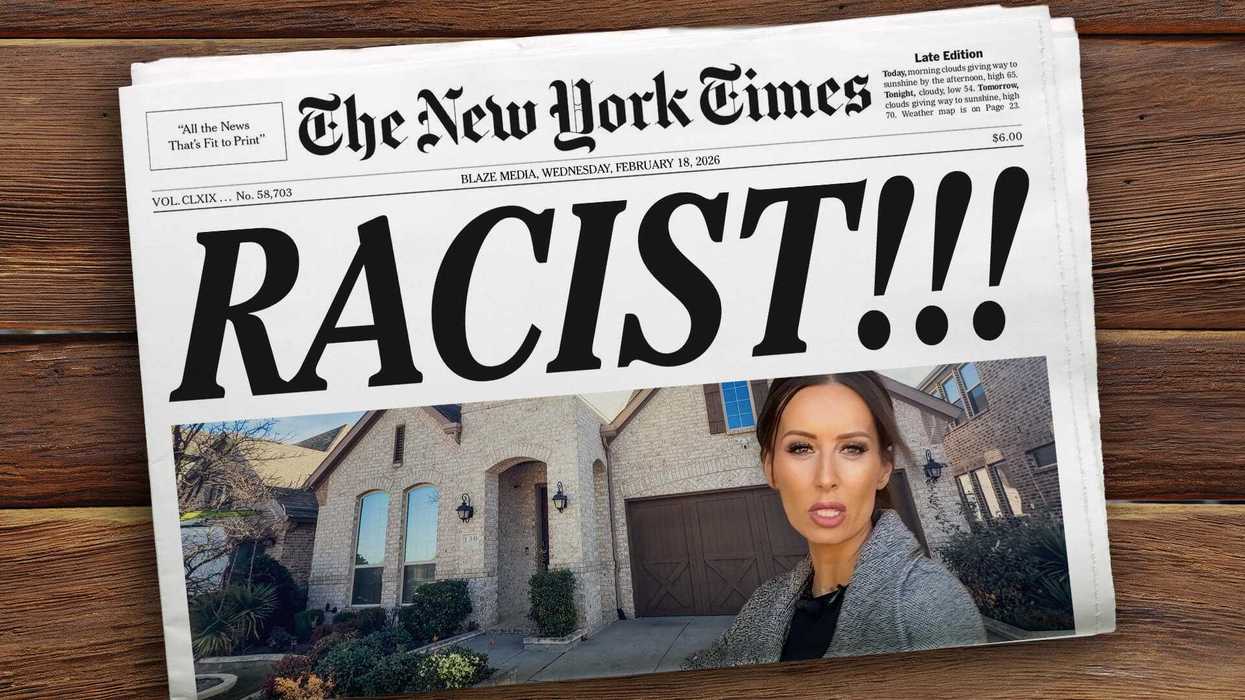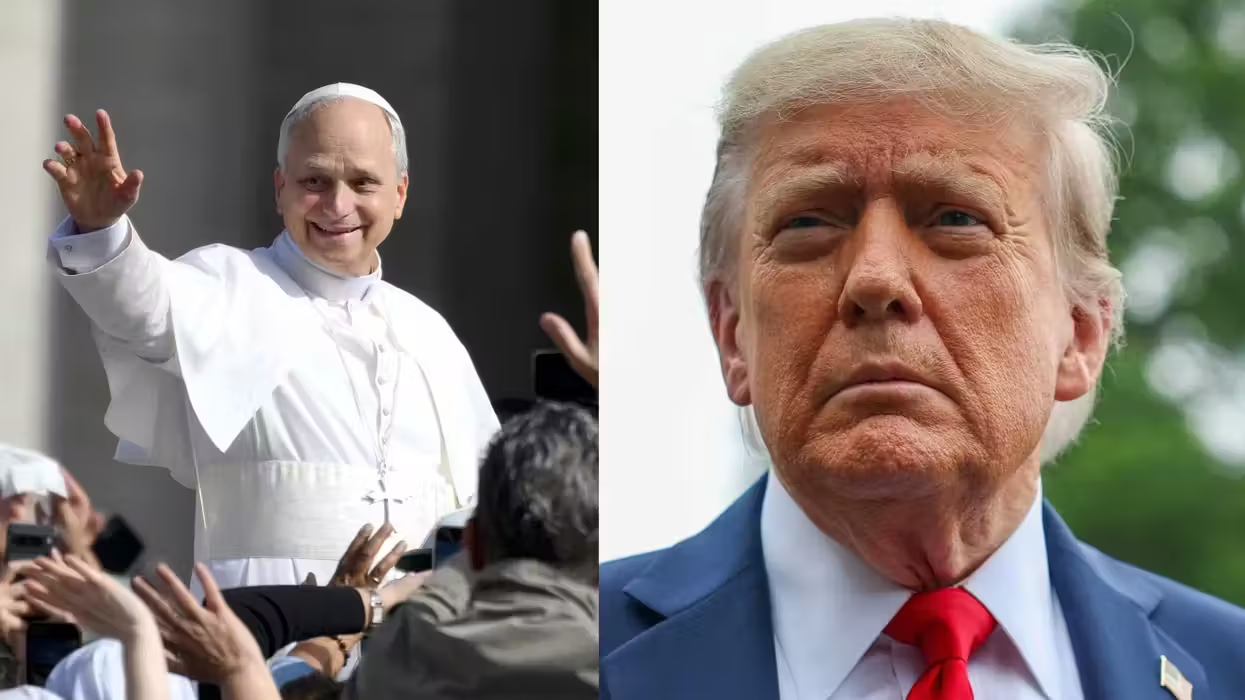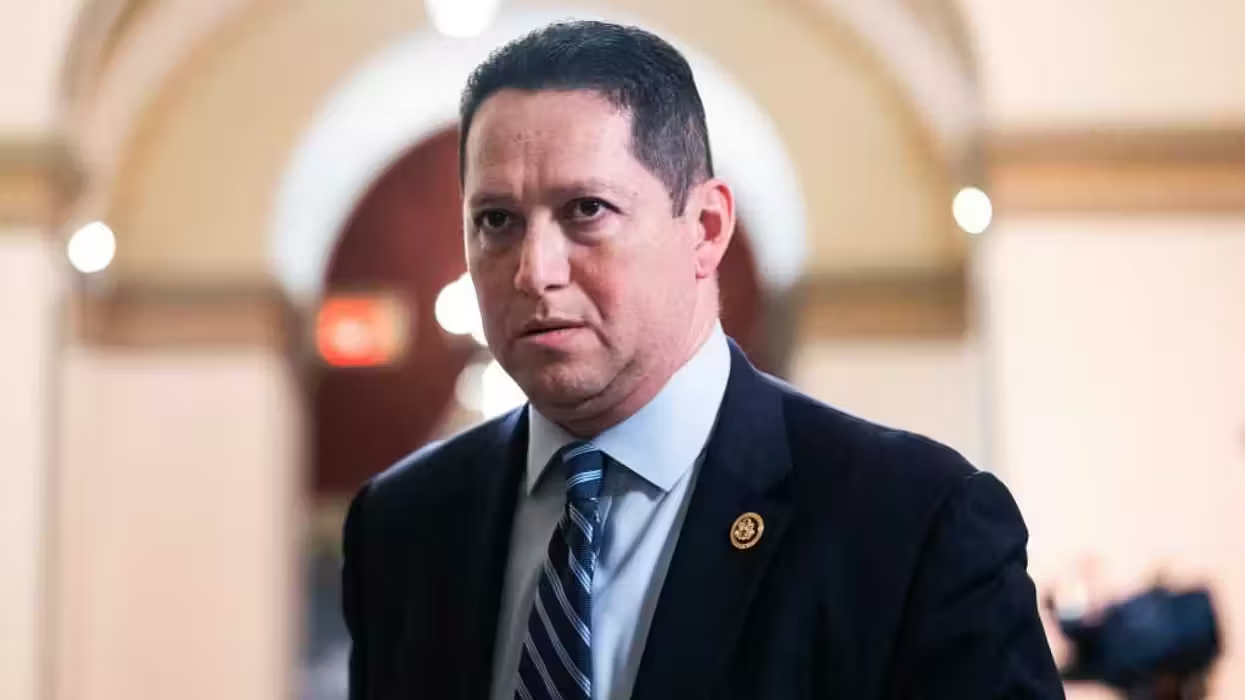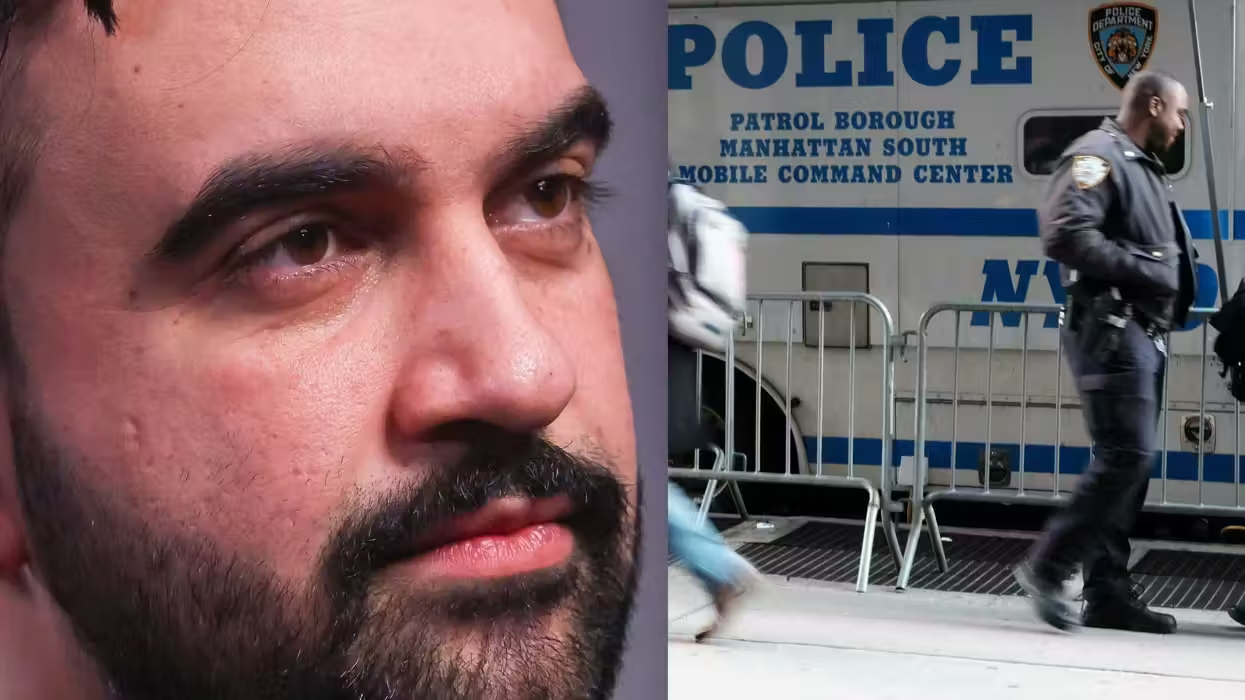The ongoing plight of Christians in Iraq has led the Vatican to break its usual peace policy by seemingly offering approval of targeted airstrikes aimed at stemming the growth and destruction of the Islamic State, a terror group that is murdering religious minorities and driving scores of individuals and families from their homes.
Despite disapproving of the U.S.-led Iraq invasion in 2003, some Vatican officials are taking a very different approach to the current crisis, with Silvano Tomasi, ambassador to the U.N., offering support for the U.S. airstrikes that were recently launched against ISIS targets in Iraq, according to AFP.
The Vatican is apparently worried that the situation in Iraq, which appears to be spiraling out of control, will amount to genocide of Christians and other minority groups who are being purged from portions of the region by Islamic militants.
 In this handout image provided by the U.S. Department of Defense, Pallets of bottled water are loaded aboard a U.S. Air Force C-17 Globemaster III aircraft in preparation for a humanitarian airdrop on August 8, 2014 over Iraq. (Handout/Getty Images)
In this handout image provided by the U.S. Department of Defense, Pallets of bottled water are loaded aboard a U.S. Air Force C-17 Globemaster III aircraft in preparation for a humanitarian airdrop on August 8, 2014 over Iraq. (Handout/Getty Images)
Consider that Archbishop Giorgio Lingua, Pope Francis' ambassador to Baghdad, offered some strong words in a recent interview with Vatican radio, saying that the airstrikes were necessary in order to stop ISIS, according to John Allen of the Boston Globe.
"Military action in this moment is probably necessary," added Tomasi, while also speaking on Vatican radio.
Juxtapose this reaction to Pope John Paul II's response to then-proposed U.S. military action in Iraq back in 2003 — a move he vocally and openly critiqued.
"No to war!," he said at the time. "War is not always inevitable. It is always a defeat for humanity."
While Pope Francis hasn't explicitly endorsed airstrikes and it's unclear if he will, it is safe to say that supportive rhetoric is coming from the Vatican thus far.
So, why the change in tone?
As Allen explained, it might have something to do with the notion that Vatican leadership realize that the situation is in desperate need of containment and that pacifism will not stem the tide of ISIS's murderous rampage.
The reporter also offered up one of the key differences between the situations in 2003 and 2014.
"One core reason the Vatican opposed the two Gulf Wars, as well as any expansion of the conflict in Syria, was fear that the fall of a police state in the Middle East would lead to the rise of a radical Islamic theocracy in which Christians and other minorities would find themselves in the firing line," Allen wrote. "That’s no longer a theoretical anxiety. It’s the lived reality of the new caliphate proclaimed by the Islamic State, which means that the Vatican and other Christian leaders are no longer so worried about the aftermath of a conflict."
 Pope Francis holds his omelia as he attends a mass during the feast-day Mass of Corpus Domini on the plains of the small town of Sibari on June 21, 2014 in Sibari Cosenza, Italy. (Franco Origlia/Getty Images)
Pope Francis holds his omelia as he attends a mass during the feast-day Mass of Corpus Domini on the plains of the small town of Sibari on June 21, 2014 in Sibari Cosenza, Italy. (Franco Origlia/Getty Images)
On Monday, the Vatican’s Pontifical Council for Interreligious Dialogue released a statement calling on Muslim leaders to speak out about the atrocities being committed against minority religious groups in Iraq. It said that the violent acts necessitate a "clear and courageous stance on the part of religious leaders, especially Muslims," according to the Associated Press.
And in a letter Pope Francis sent to U.N. chief Ban Ki-moon, the pontiff called the international community to take action, though he did not explicitly mention airstrikes and focused on international law.
"The violent attacks that are sweeping across northern Iraq cannot but awaken the consciences of all men and women of goodwill to concrete acts of solidarity by protecting those affected or threatened by violence and assuring the necessary and urgent assistance for the many displaced people as well as their safe return to their cities and their homes," Pope Francis wrote.
(H/T: AFP)

 In this handout image provided by the U.S. Department of Defense, Pallets of bottled water are loaded aboard a U.S. Air Force C-17 Globemaster III aircraft in preparation for a humanitarian airdrop on August 8, 2014 over Iraq. (Handout/Getty Images)
In this handout image provided by the U.S. Department of Defense, Pallets of bottled water are loaded aboard a U.S. Air Force C-17 Globemaster III aircraft in preparation for a humanitarian airdrop on August 8, 2014 over Iraq. (Handout/Getty Images)






